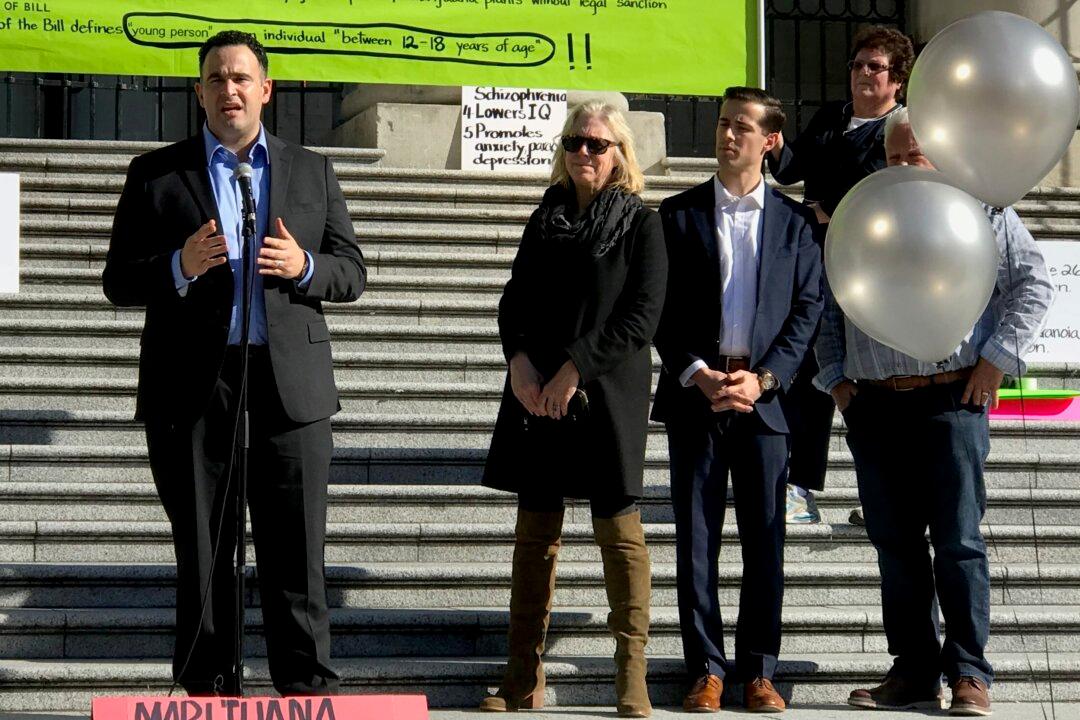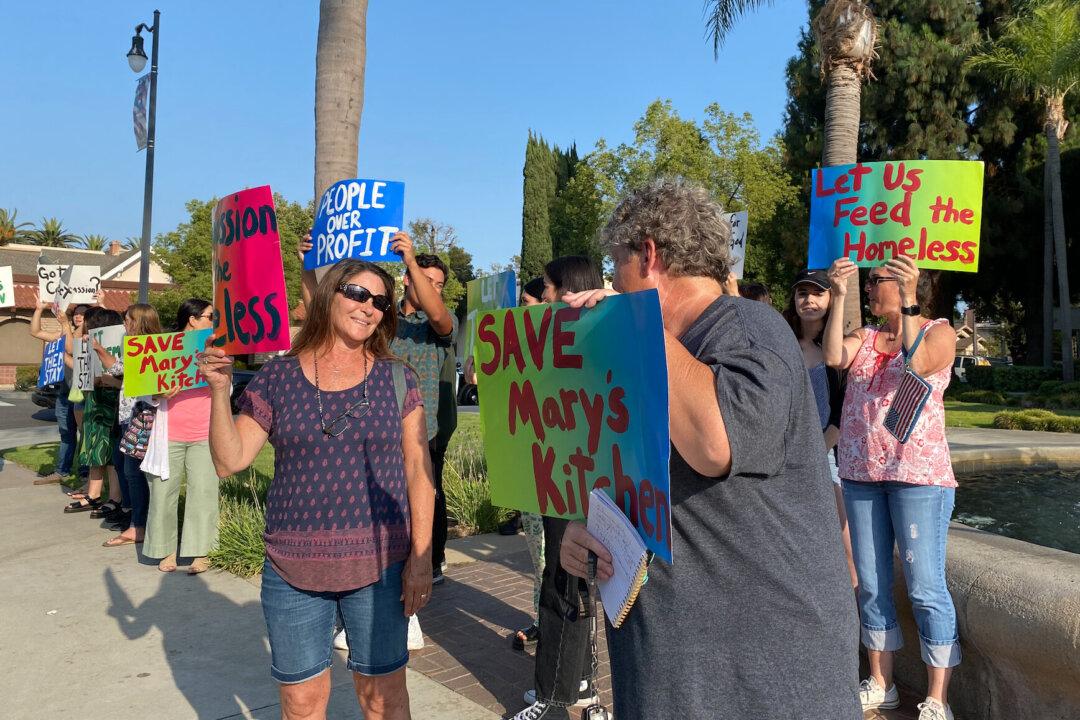Kevin Sabet has never smoked marijuana, but his life revolves around it.
As a teen in Anaheim Hills, California, in the 1990s, Sabet saw problems with marijuana use among his friends. But he felt his community didn’t take it seriously and avoided talking about drugs in general. A friend of his was hit by a driver who was high on marijuana.





